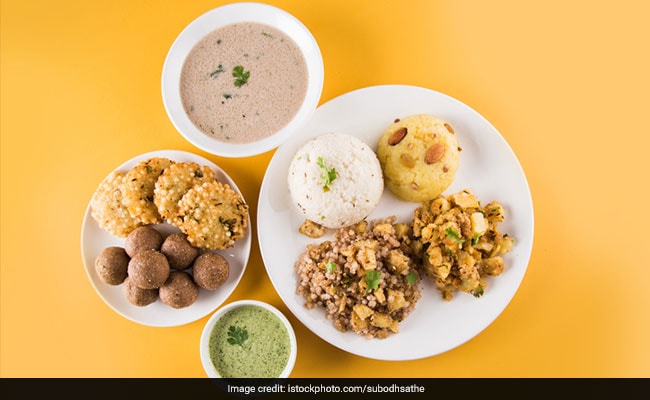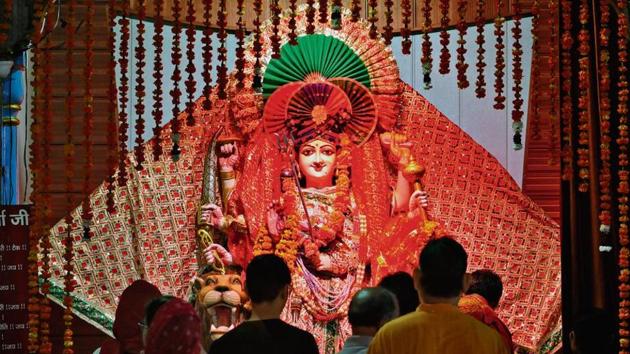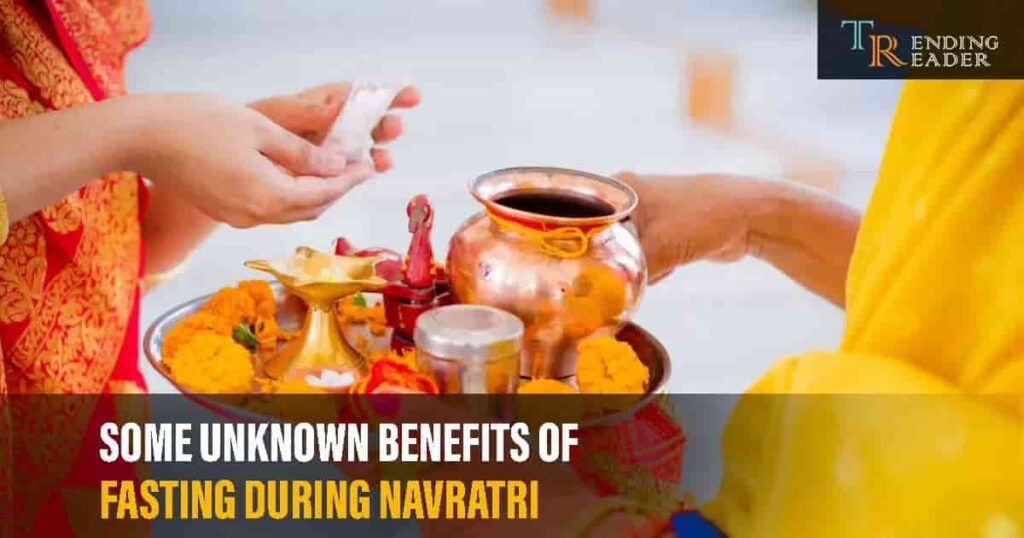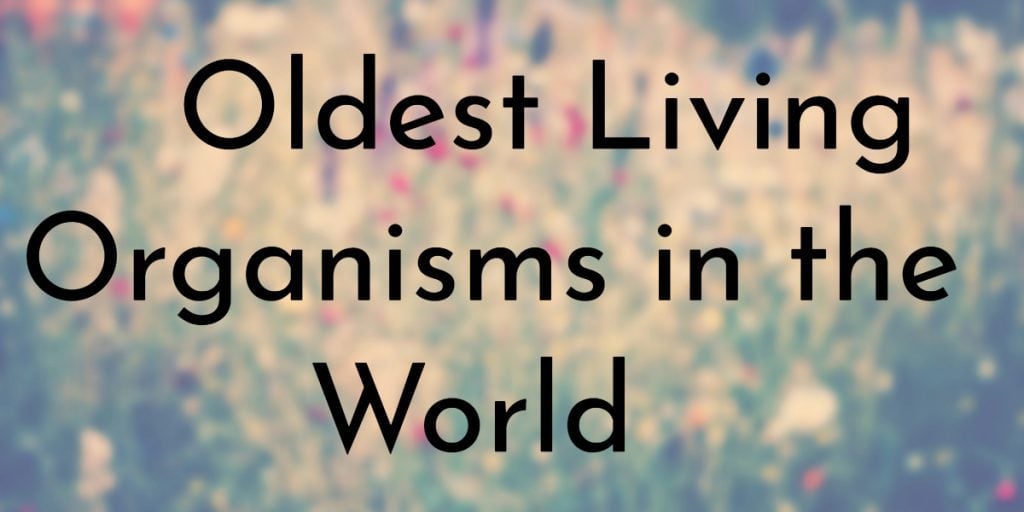Navratri is a time for us to rest, focus within, and replenish ourselves with new energy, and it is rich in colors, customs, music, and dance. The benefits of fasting during Navratri are many. It facilitates the inner path toward pleasure and joy. It gives alertness and delight to the mind by reducing restlessness.

Health Benefits of Fasting During Navratri?
Navratri is among the most important Hindu holidays observed worldwide. Devotees dress up in traditional garb, pay special prayers to nine various manifestations of Goddess Durga, and fast for nine days throughout the festival.
Despite the fact that the fast is quite restricted, the Saatvik diet ingested during this period is beneficial to your digestive system. This not only detoxifies the body, but also has a number of additional health advantages. Given the growth in living conditions among individuals of all ages, fasting during Navratri may be quite helpful to your general health and well-being.
Also Read – Fasting In Navratri, 9 Days & The Do’s And Don’ts
When It Comes to Navratri, Why Do People Fast?
Fasting during Navratri is considered fortunate since it signals the start of a new season. Goddess Durga is also said to bestow her blessings on people who fast for all of these 9 days. “We fast not to satisfy the Almighty, but to detoxify our body,” says Gurudev Shri Shri Ravi Shankar. Fasting also cleanses the body, and then when the body is cleansed, prayers become more meaningful and real.

Benefits Of Navratri Fasting
Apart from the religious component, fasting during Navratri and adhering to a Saatvik diet has a slew of health advantages. Here are some benefits of fasting during Navratri.
1. Helps Promoting Weight Loss
You must eat a gluten-free diet when fasting during Navratri. As a result, you may only eat particular grains in your diet, such as amaranth flour, water chestnut flour, buckwheat flour, and sago. These grains are high in fiber, protein, and many essential nutrients, as well as being gentle on the digestive tract. They assist you to lose weight by keeping you full, for a long period of time. Other foods that can help you maintain a good weight are fruits, green vegetables, healthful seasonings, fresh juices, and buttermilk.
Fasting, according to experts, increases ketosis, or fat burning. As a result, your body burns extra fat stored around the kidneys, liver, and other organs when you fast. This also aids in the improvement of organ functioning.
Also Read – Strange Navratri Rituals in India Which You Might Not Know
2. Reduces bloating
Eating a nutritious, gluten-free diet reduces the likelihood of digestive pain and bloating. Fasting during Navratri is especially useful for people who are gluten intolerant.
3. Improves heart health

Fasting reduces the risk of coronary artery disease and diabetes. Intermittent fasting has been found in studies to improve blood cholesterol levels and reduce the chance of developing related diseases. It reduces the risk of clogged arteries, heart attacks, and strokes by removing fat deposits in the circulation.
Also Read – Why We Celebrate 2 Navratris In A Year? Explained Scientifically
4. Detoxifying The Body
When people fast during Navratri, they eat a lot of fiber-rich vegetables, fruits, and grains, which helps to cleanse your body. These nutrients aid in the removal of toxins from their body, the development of immunity, and the promotion of general health.
Conclusion
Fasting intermittently during Navratri and eating a nutritious, gluten-free diet provide several health advantages. It promotes heart health, metabolism, and organ function by boosting immunity, detoxifying the body, rejuvenating the digestive system, and improving heart health, metabolism, and organ function. However, if you have a medical condition, you should consult your physician before fasting.
For more related information, visit Discover – Trending Reader












